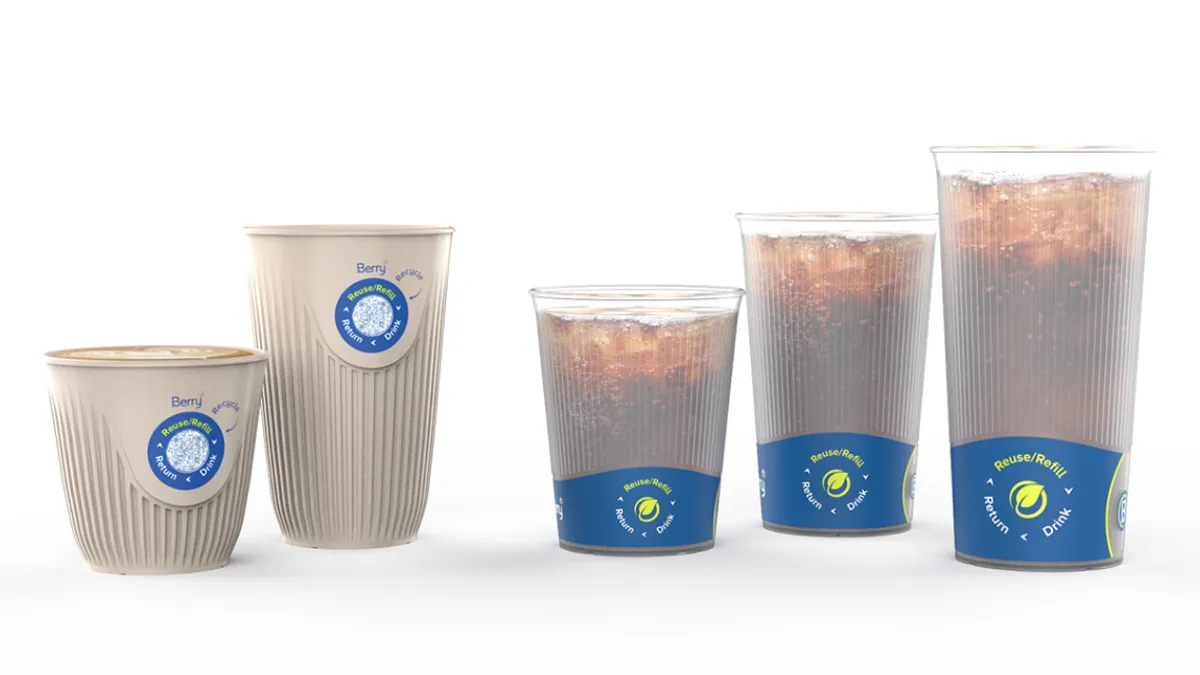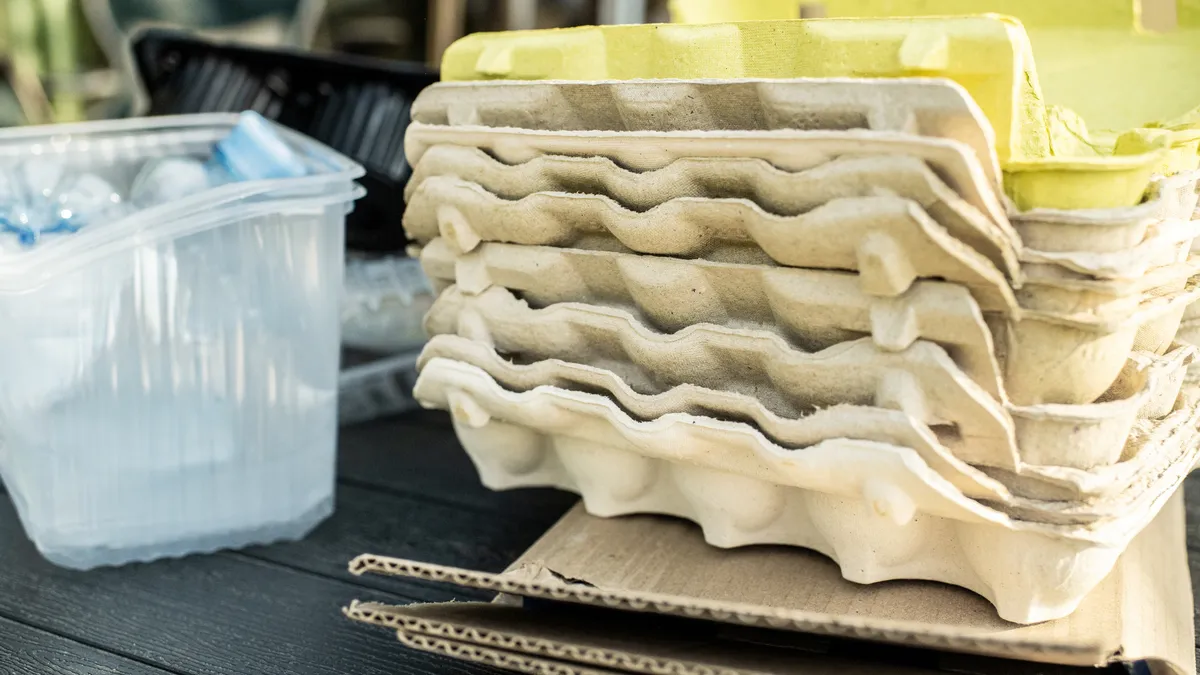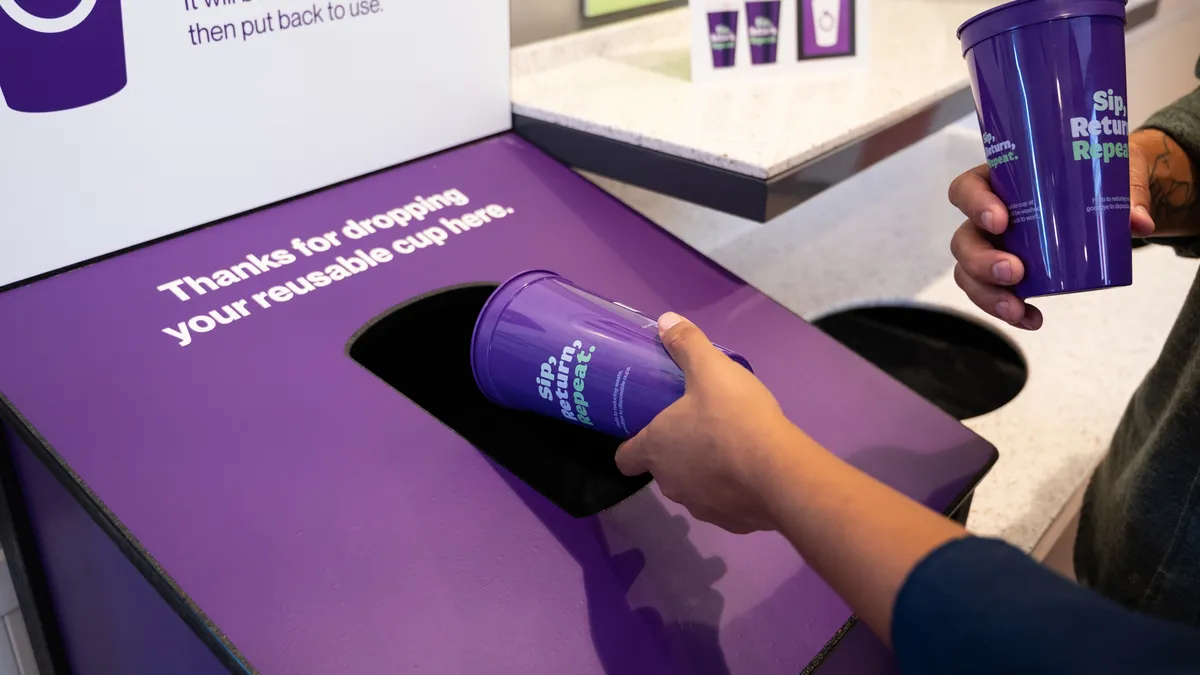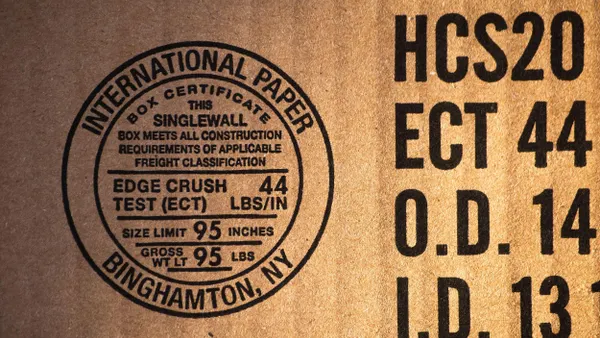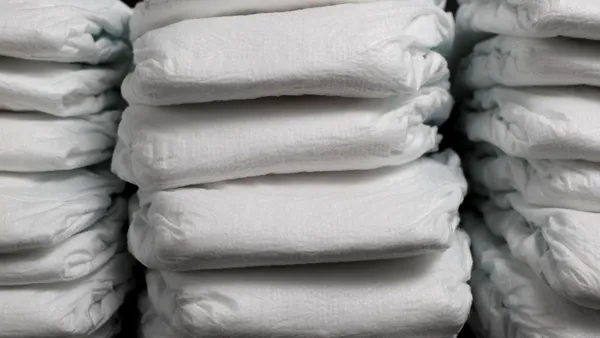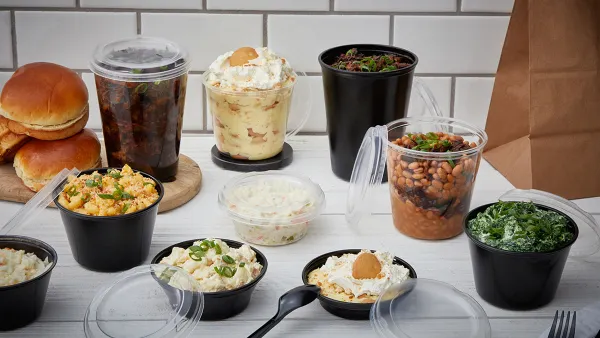- Quarterly overview: In the quarter ended June 29, international revenue for consumer packaging declined by 7% to $959 million, though organic volume growth was 1%. North American revenue for consumer packaging rose by 4% to $831 million, with 2% organic volume growth; Berry reported that volumes grew in many end markets but saw “modest declines” in food service. Flexibles revenues fell 2% to $724 million, and the business also experienced 2% organic volume growth.
- Health, hygiene and specialties spin-off: On July 24, Berry announced branding for the proposed merger of its health, hygiene and specialties global nonwovens and films business with Glatfelter. That business will be called Magnera. The deal, which was projected to close in the second half of 2024, remains on track, the company reported. The deal did not require a vote by Berry’s shareholders, but it must still be approved by Glatfelter’s shareholders.
- Divestitures: In the previous quarter, Berry discussed multiple divestitures. In an earnings call Friday, CEO Kevin Kwilinski said that “proactive measures around repositioning our portfolio to higher growth markets and reducing our cost structure have allowed us to outperform in a weaker-than-normal macro demand environment.” Kwilinski also said Friday that cash proceeds could exceed $2 billion from “strategic divestitures” within the next year — half from the Magnera deal and half from “future portfolio optimization opportunities within fiscal 2025.” Kwilinski said the latter have more “industrial exposure and lower overall growth rates than the core business that we're focused on moving forward.” Divestitures are poised to increase Berry’s consumer products focus to more than 80% of its volumes.
- Customer and consumer trends: Customers say they’re focusing on “driving growth over price, including increased promotional activity,” Kwilinski said. While demand has not greatly improved in recent months, “I do think there is a reason to be optimistic that '25 could see demand actually beginning to improve in some of these core non-discretionary consumer goods categories that make up a big piece of our business,” Kwilinski said.
- Outlook: As for fiscal 2024, Berry reaffirmed its financial guidance. It expects free cash flow between $800 million and $900 million. Kwilinski also noted growing opportunities from European regulations: for example, a shift to reusable plastic cups and a requirement for tethered caps on beverage bottles.

Berry eyes $2B from ‘strategic divestitures’ within next year
The company continues to try to streamline its focus on consumer products as the deal to spin off its health, hygiene and specialties segment remains on track.
